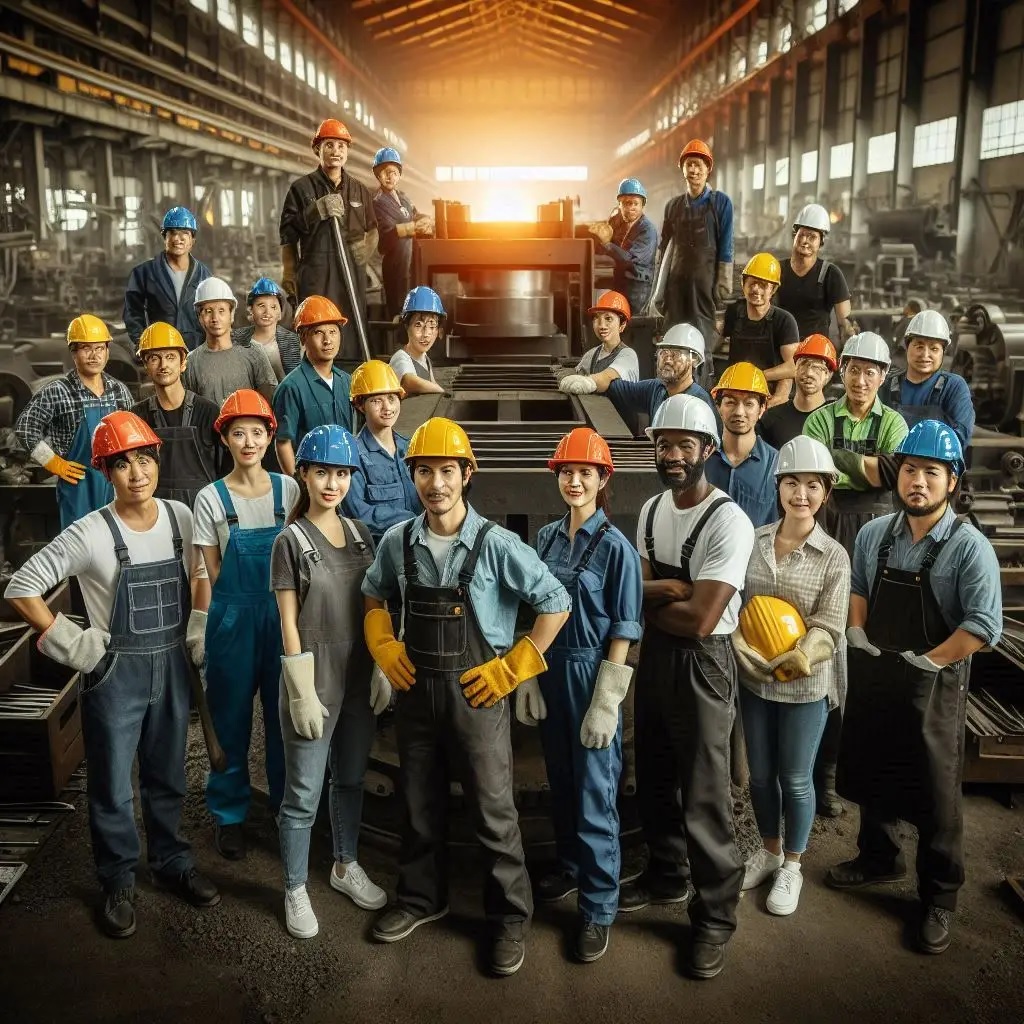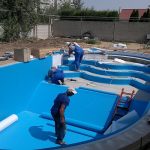Steel forging is highly regarded and is one of the most used manufacturing processes in modern industry. It generates components that exhibit outstanding strength, durability, and performance, and is a significant supplier of components and critical components to industry segments such as automotive; aerospace; oil and gas; power generation; construction; and heavy engineering. Steel forging companies supply and make forged components for modern industry through advanced technologies, material selections, and specification quality control to meet the expanding need for components across the globe.
What Is Steel Forging?
Steel forging is the method of deforming steel with high compressive forces primarily exerted by hammers, presses, or dies. The metal is heated to a specific temperature so that the steel will be more malleable, then it is compressed to the specified shape. Forging helps the grain structure internally, unlike other fabrication processes, such as casting or machining. In fact, forging helps to refine the structure by closing up internal voids and causing the grain flow to align with the shape of the component.
Advantages of Choosing Steel Forging
Steel forging has many benefits that are beneficial when compared to all other methods of producing steel for demanding environments. One of the benefits is that forging is able to improve the properties of the material, in terms of improved strength, increased durability, and improved toughness under fatigue and impact loads. High temperatures, and rapid rates of flow of the fluid may introduce internal defects (e.g., porosity) and excessive levels of iron oxides trapped in the steel that impact the performance consistency and durability.
Forged parts will produce a finer grain structure with internal defects eliminated, which will enhance the consistency and durability ratings against extreme operating conditions. They also maintain strong characteristics for corrosion, wear, and limited chemical resistance, which can be advantageous in aggressive environments.
Precision forging and machining technology provide very high precision and tight tolerances, with superior surface finish with expected-lifetime durability and accuracy standard. Even though the initial manufacturing cost is usually higher than other methods of steel processing, the high availability, superior performance, and low-cost life-cycle all provide a cost-effective solution for materials expected to have sustained use.
Wide Range of Applications
Steel forging companies are important for driving a large array of industries that produce critical elements capable of withstanding extreme conditions. Forged crankshafts, connecting rods, gears, and suspension parts are used in automotive applications to provide the strength for reliable performance within the automotive industry. Aerospace design makes use of forgings for landing gear, turbine discs, and other structural components that must withstand high stress and temperature variations.
The oil and gas industry is highly dependent on the strength of forged flanges, valves, and fittings that make for safe and high pressure operations. The power generation industry relies on the use of forged turbine shafts, generator rotors, and heating components to produce energy efficiently. Forged hydraulic components, drive shafts, and lifting equipment meet the demand for handling increased loads in harsh duties in the construction and heavy equipment industry. These precision-forged parts serve a level of strength, safety, and extended service life never realized before in these industries.
Why Partner with a Trusted Steel Forging Company
Steel forging companies provide a vital service to an array of important industries by supplying high quality components capable of performing in extreme conditions. As an illustration, automotive applications utilize forged crankshafts, connecting rods, gears, and suspension parts for performance and longevity. Aerospace goods depend on forged landing gears, turbine discs, and structural elements that operate under extreme stress and temperature variations. The oil and gas industries require conformed flanges, valves, and fittings for successful high-pressure operations. Similarly, power generation relies on forged turbine shafts, generator rotors, and boiler parts to produce energy in a reliable and efficient manner. Construction and heavy equipment utilize forged hydraulic parts, driving shafts, and lifting equipment that must accommodate very heavy loads and extreme environments. In these applications, precision-forged components provide high levels of strength, safety, and service time in their applications.
The Future of Steel Forging in Industry
As sectors demand stronger, lighter, and more efficient component parts, along with continuing modernization to the steel forging industry due to manufacturing methods and automation, technological advancements are changing processes such as precision forging, in-line machining and computer-aid design (CAD) advances aimed to increase efficiencies. Furthermore, the work in sustainable initiatives (for example, environmentally friendly materials and the energy required to forge), will have impact on the future of the steel forging industry.
Conclusion
Steel forging companies are at the forefront of industrial advancement providing parts that have strength, reliability and precision. Their products are critical to the generation of power across everything from automobiles and aircraft to power plants and oil rigs. As technology and industry continue to evolve, a demand for suitable, high quality forged steel components will only increase. Thus, selecting a reputable and experienced steel forging supplier will ensure you maintain that superior performance, durability, and cost effective solutions advantage in your operations thereby allowing you to keep a strong advantage in the global market and in your chosen industry.



